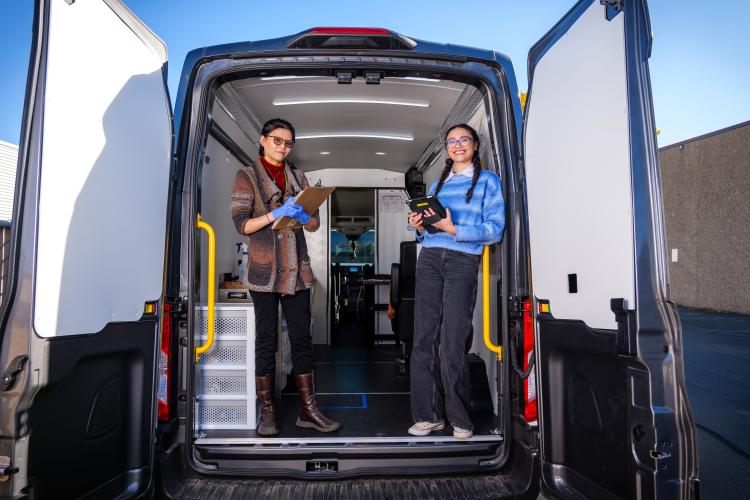A three-judge panel in Arizona ruled recently that driving after consuming marijuana cannot be penalized if the driver is not impaired.
A three-judge panel in Arizona ruled recently that driving after consuming marijuana cannot be penalized if the driver is not impaired.
The move effectively overruled previous decisions by an administrative law judge whose reasoning was upheld by the Maricopa County Superior Court subsequently, reported the Arizona Mirror.
What Happened
After being pulled over by a police officer for speeding in October 2022, Aaron Kirsten, who did not want to take a field sobriety test, blew a 0.083 after doing a breathalyzer test – slightly above the state limit.
He was later subjected to a blood test while in custody with results showing blood alcohol content of 0.063, below 0.08 maximum, according to the Department of Public Safety's (DPS) analysis.
However, when the DPS tested Kirsten's blood for drugs, the analysis identified tetrahydrocannabinol metabolites – cannabis – in the sample which led to the Arizona Department of Transportation (ADOT) suspending his license for 90 days. ADOT justified its decision by referencing a state law that prohibits driving with any detectable THC metabolites.
Previous research has shown that an inactive metabolite of THC, or delta-9-tetrahydrocannabinol, the intoxicating cannabinoid known for creating euphoric or stoned effects, is stored in body fat and is gradually eliminated through urine and feces, remaining in the body for far longer than active THC.
Moreover, a recently published study by the University of California at Davis found that there's "no direct relationship between impairment and THC concentrations" in the subjects' bodily fluids they analyzed. That's consistent with the opinions of numerous traffic safety groups, including the National Highway Traffic Safety Administration and the American Automobile Association.
"Current methods that focus on THC and/or metabolite concentrations in blood, saliva, urine, or exhaled breath can lead to false-positive results for recent use due to the persistence of THC well outside of the typical 3-4-hour window of potential impairment following cannabis inhalation," researchers said.
Happy Ending In Kirsten's Legal Battle
The administrative law judge ruled, it was "irrelevant" whether Kirsten had consumed marijuana within 24 hours of his arrest, affirming ADOT's decision. Kirsten then appealed the verdict to the Maricopa County Superior Court.
Finally, the Arizona Court of Appeals ruled in Kirsten's favor, following his appeal, citing voter-established laws that prevent the state from penalizing drivers who have legally consumed marijuana products but are not impaired while driving.
"This reinforces our understanding of the voters' intent, expressed through their enactment of Proposition 207, that unimpaired driving after consuming marijuana cannot be penalized," the judges wrote.





